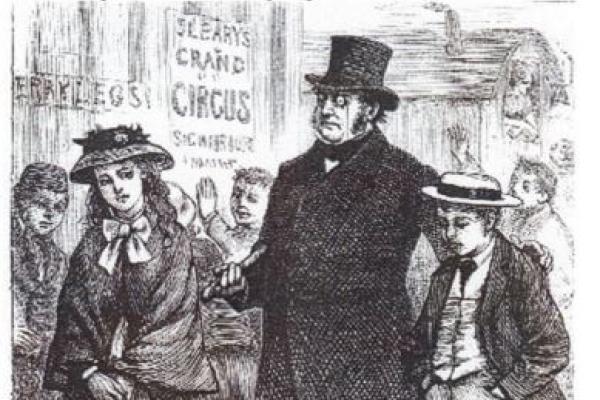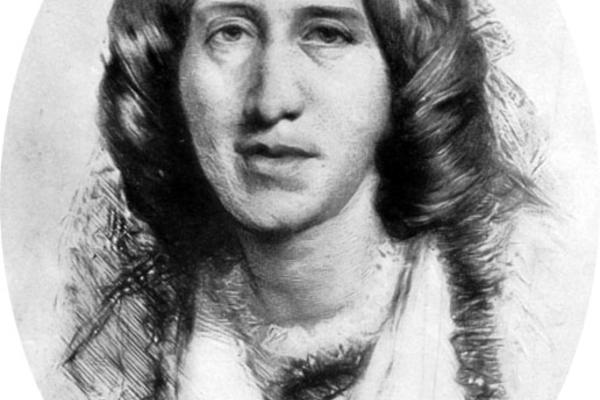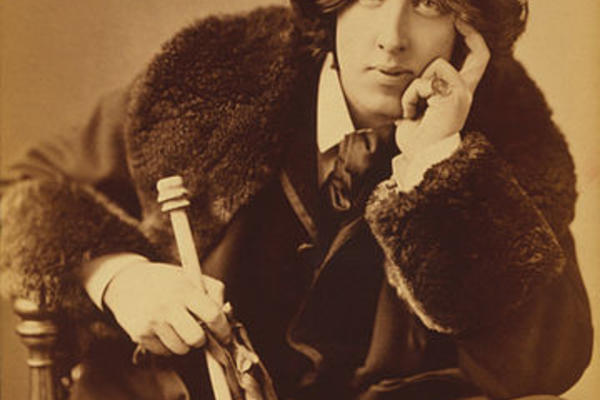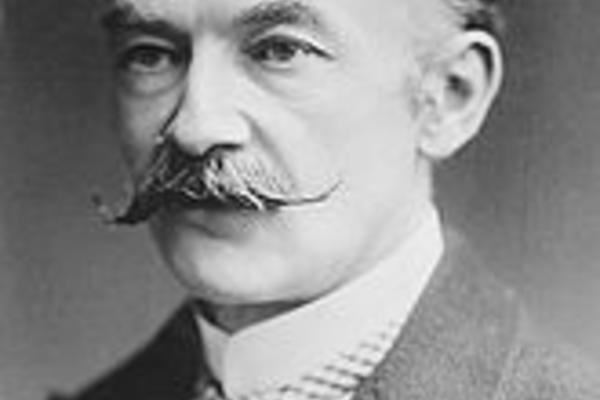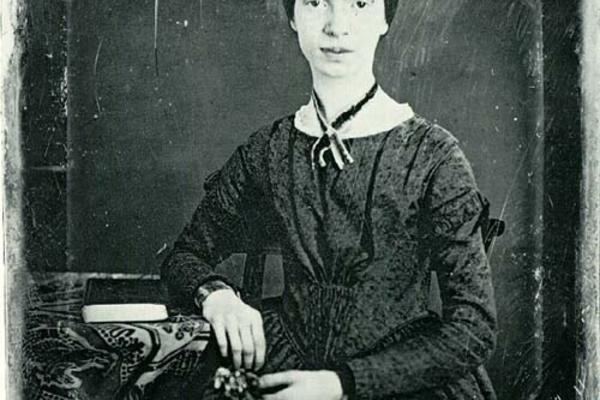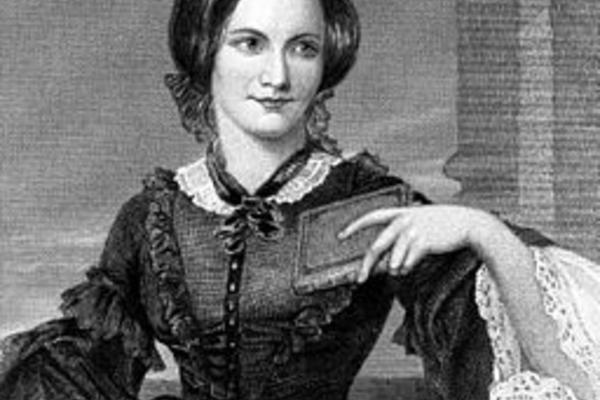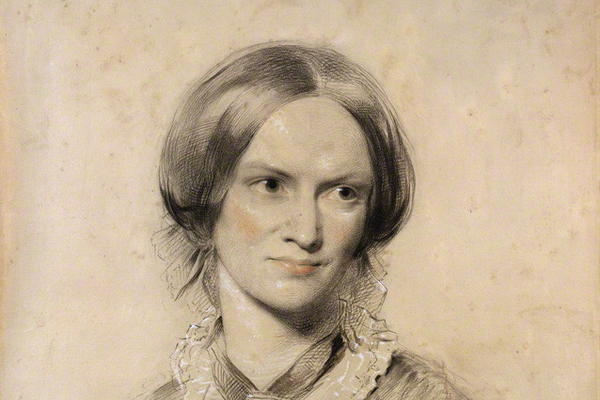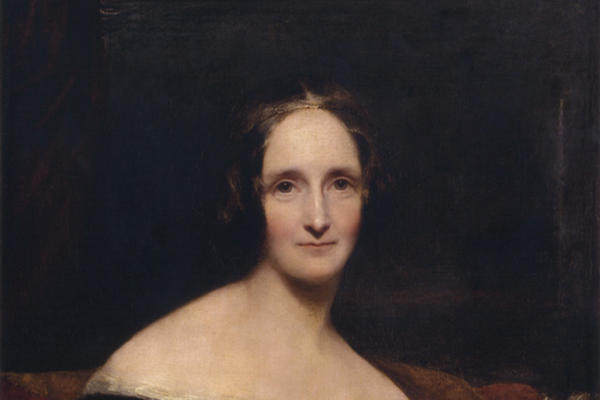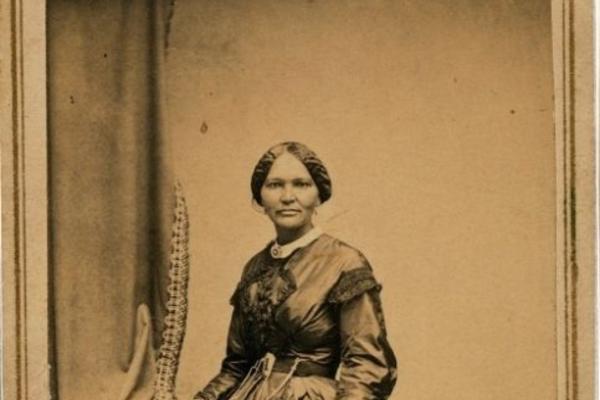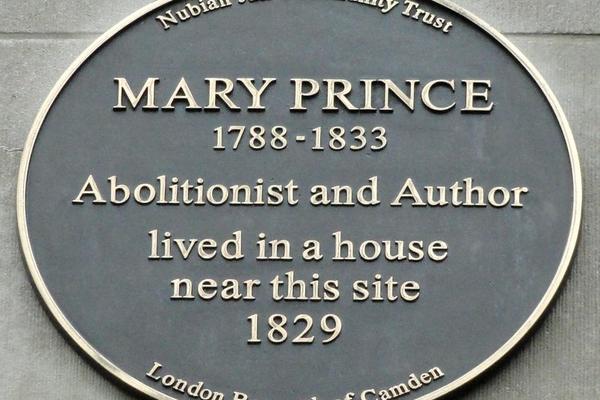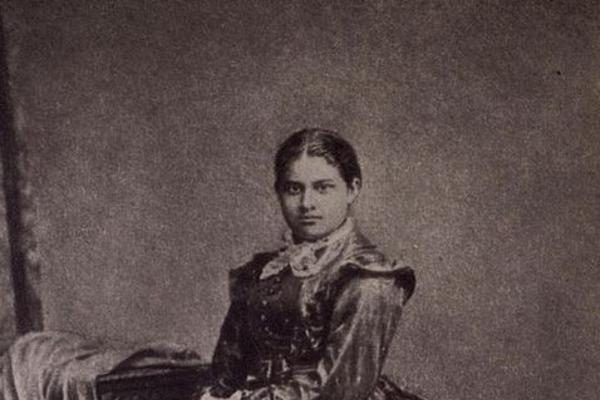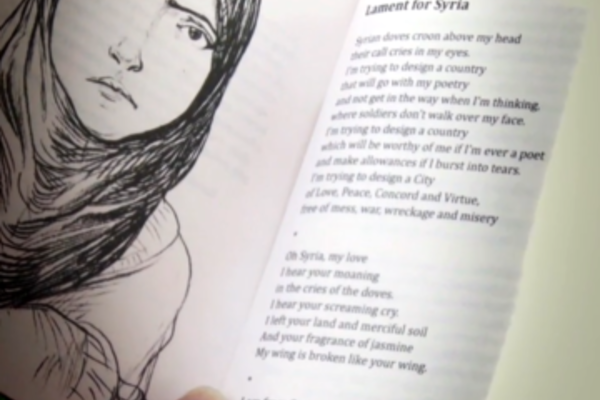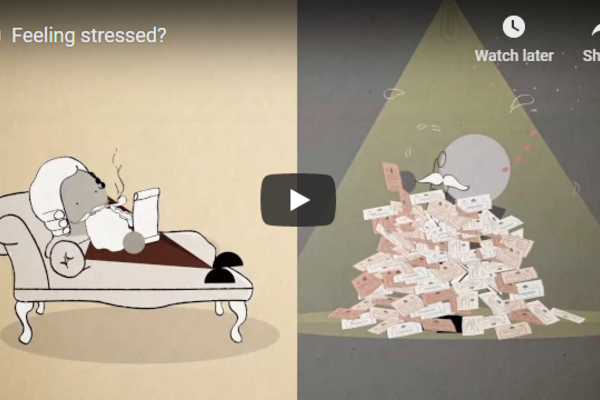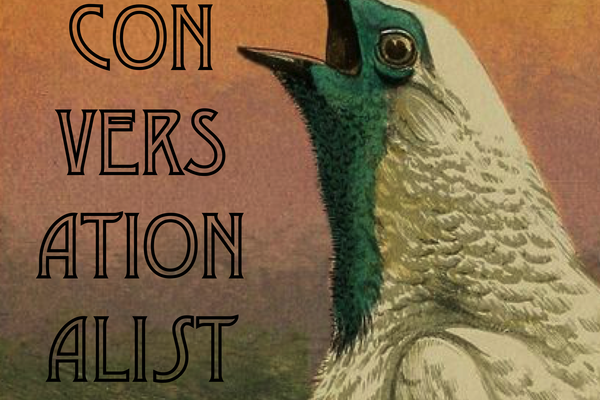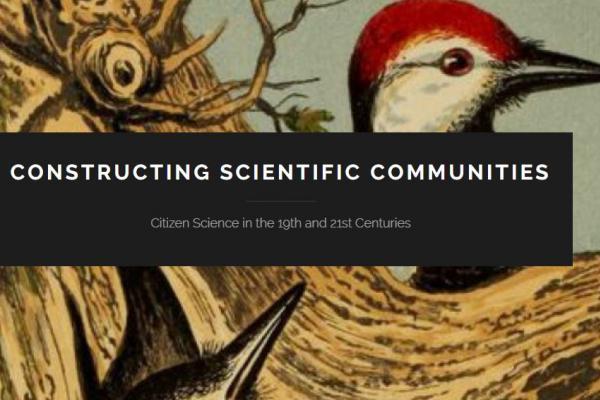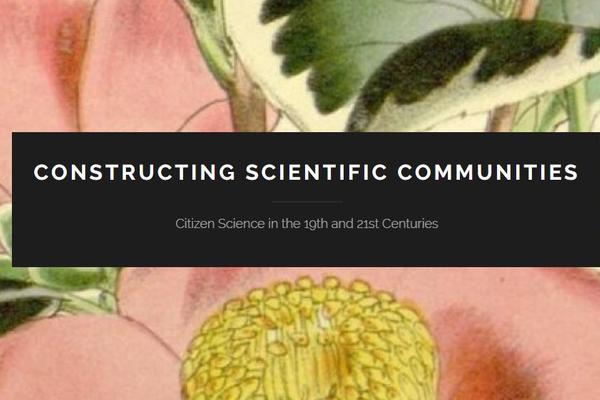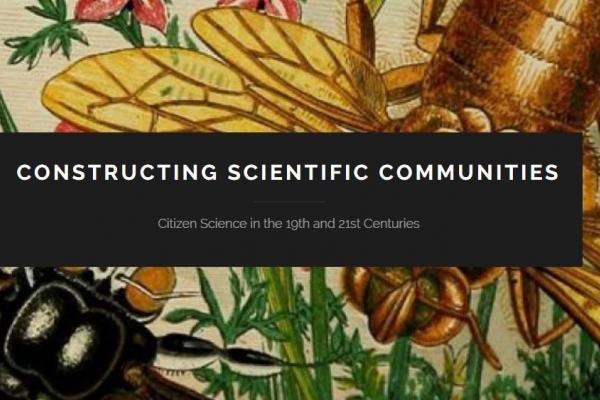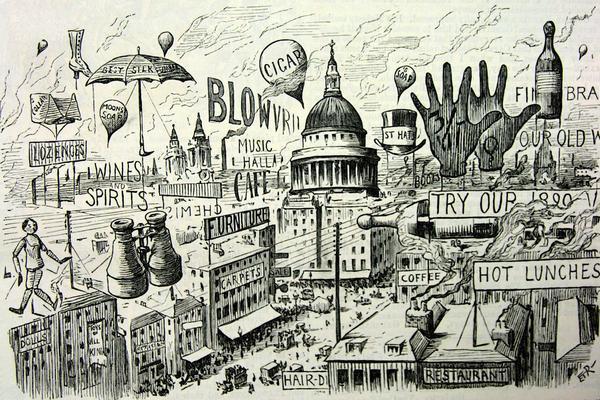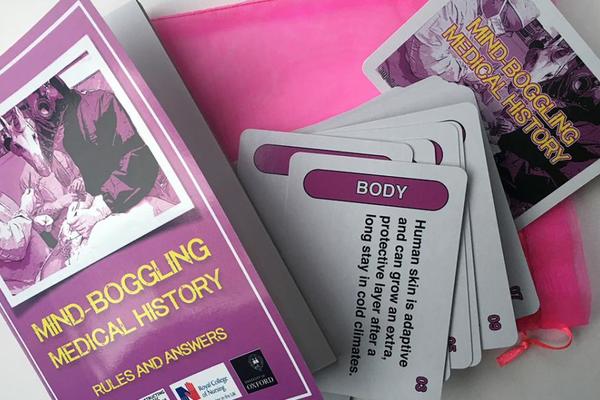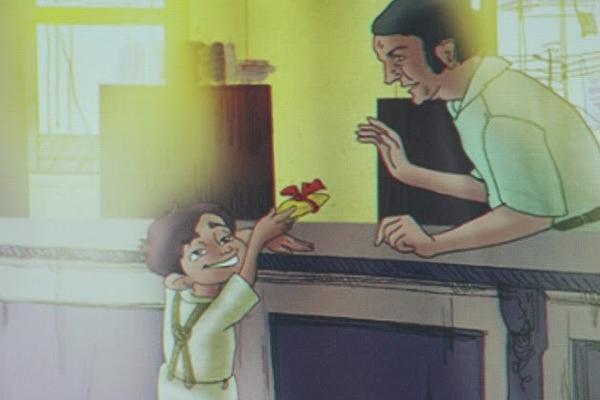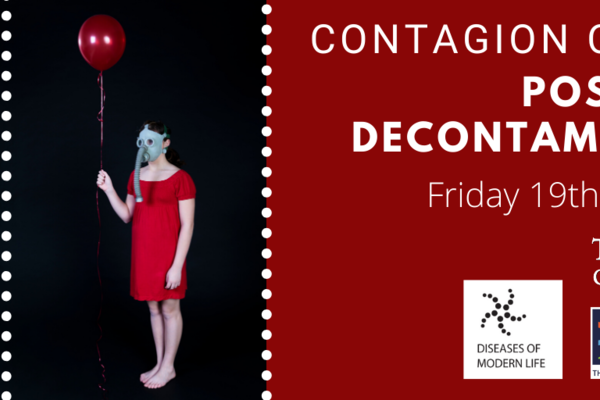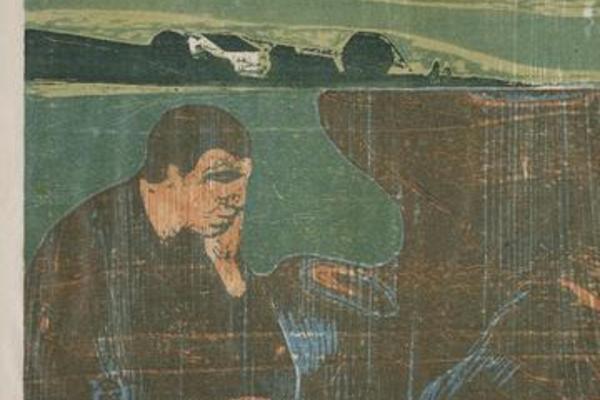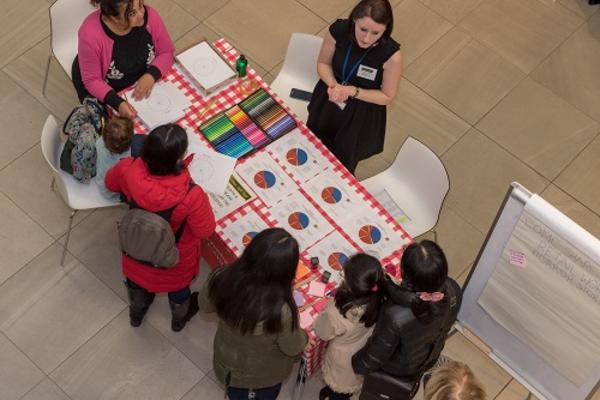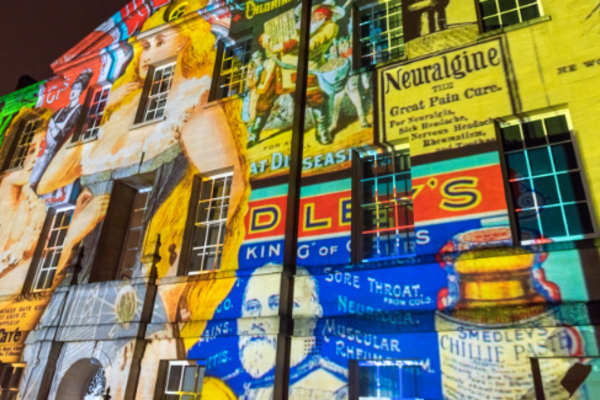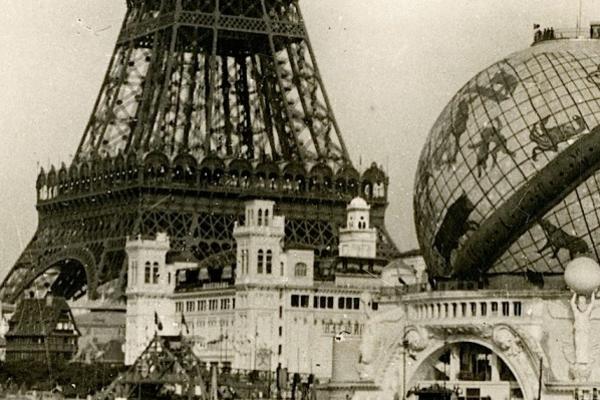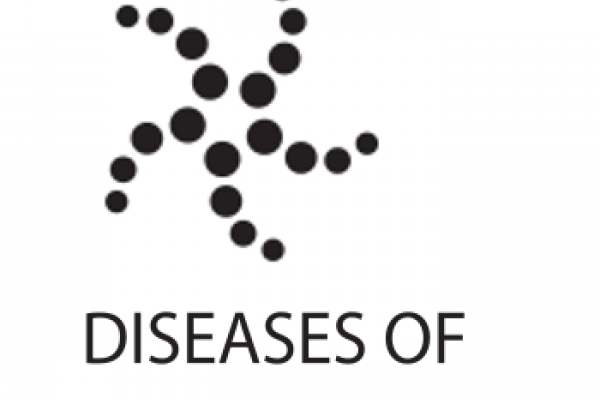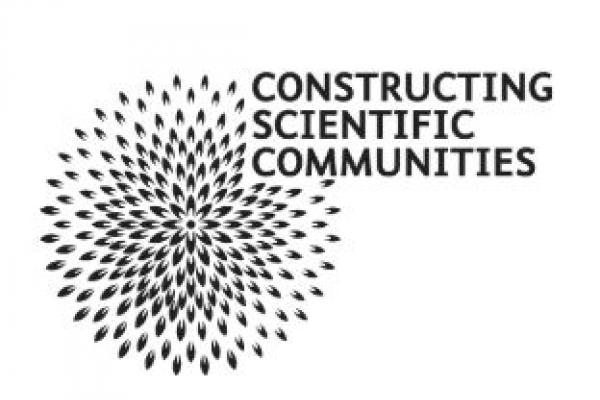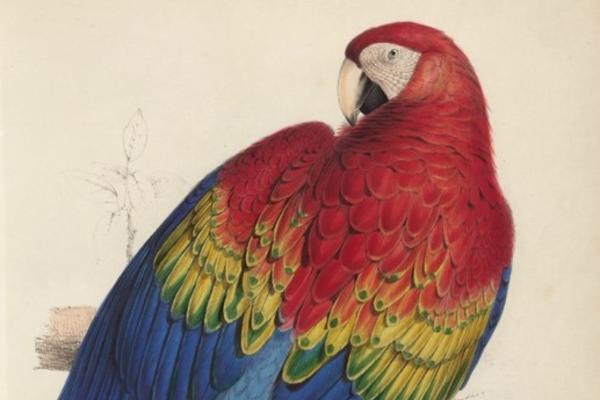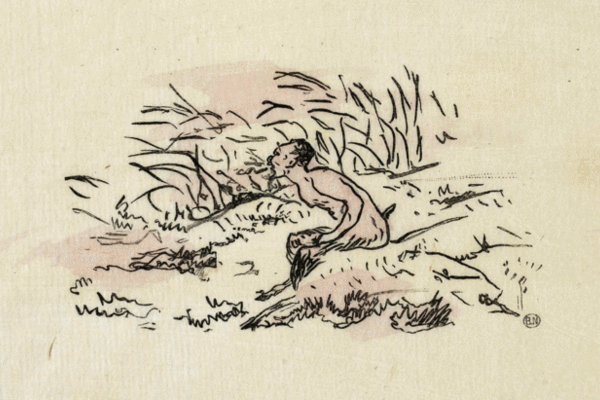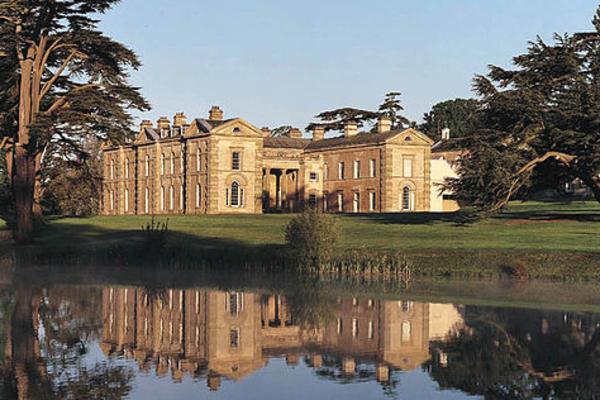Victorian Period
The study of Victorian literature and culture has long been a particular strength of Oxford’s English Faculty, and we are currently producing some of the most exciting and innovative research in the field.
What do we do?
Our research and teaching cover the full range of Victorian writing – British, trans-Atlantic and, increasingly, global. Although we have a diverse range of theoretical interests, we have distinctive strengths in the areas of literature and the history of ideas (including questions of literary value, aesthetics, and of readership and response), in the study of poetry, and in the literature of the fin de siècle. Biography, life-writing and textual editing are flourishing areas of expertise. We are also the organizing force behind a very active cross-disciplinary hub for literature and science. We welcome enquiries from potential researchers who want to work in any area of Victorian literature and culture.
Scholars of Victorian literature at Oxford will have access to unrivalled library and archival resources. The Bodleian and college libraries hold wonderful collections of eighteenth- and nineteenth-century manuscripts and printed texts from Britain, America and beyond, many of them by men and women who studied at Oxford or spent a period of their lives in the city. There are extensive collections relevant to women’s education in the period, and the Oxford History Faculty provides regular updates on Bodleian and other archival sources for nineteenth-century women’s history.
There are also fascinating collections of periodicals and ephemera, including the John Johnson Collection of printed materials about popular entertainment, the book trade, print making, advertising, and observations of politics, race, class, crime and punishment, and much else. The Bodleian has recently digitized its complete collection of the photographs of William Henry Fox Talbot. The Ashmolean Museum is home to a rich variety of Victorian and Edwardian paintings and art objects, with Thomas Combe’s collection of Pre-Raphaelite art at its centre (see https://www.ashmolean.org/pre-raphaelites). It also holds excellent collections of objects from Asian, African and other cultures for students with comparative interests.
At undergraduate level, the ‘Literature in English 1830-1910’ paper allows first-year students to engage with some of the greatest writing in the language from across the English-speaking world. Through a programme of lectures and seminars, we encourage every student to think critically and creatively about one of the most dynamic and surprising periods in the history of literature.
At graduate level, the 1830-1910 MSt programme provides students with a broad education in the period, together with the opportunity to take courses in areas of specialism with world-leading scholars. We also have many graduates studying for the DPhil (i.e. PhD) degree, who enjoy a vibrant research culture supported by Oxford’s unrivalled library resources.
Great Writers Inspire resources (essays, podcasts, videos, ebooks)
George Eliot
Oscar Wilde
Thomas Hardy
Emily Dickinson
Charlotte Brontë
Ten-Minute Book Club
Jane Eyre by Charlotte Brontë
Frankenstein by Mary Shelley
Behind the Scenes by Elizabeth Keckley
The History of Mary Prince by Mary Prince
‘The Royal Ascetic and the Hind’ by Toru Dutt
Diseases of Modern Life resources
The Diseases of Modern Life research project has a wide selection of podcasts and videos available. The project explores the medical, literary and cultural responses in the Victorian age to the perceived problems of stress and overwork, anticipating many of the preoccupations of our own era. Selected content is listed below; visit the project website to find all related content: https://diseasesofmodernlife.web.ox.ac.uk/podcasts-and-videos
Podcasts
Videos from Mind Reading conference: Adolescence, Literature, and Mental Health
Video: Stressed out? So were the Victorians
Constructing Scientific Communities
The Conversationalist podcast was created by the Constructing Scientific Communities research team. The first episodes are listed below; you can access all episodes on the ConSciCom website: https://conscicom.web.ox.ac.uk/podcasts
Episode 1: 'Conversazione'
Episode 2: 'Crowdsourcing Historical Research'
Episode 3: 'Volcanoes and Citizen Science at the Royal Society'
You can watch videos of talks, events and exhibitions held by the Constructing Scientific Communities research team on the project website at https://conscicom.web.ox.ac.uk/videos. See some selected examples below, or click through to the project website to access all videos.
Dear Mr Darwin, a lecture at the Oxford Martin School
Discovering Killer Plants
Science and the Victorian Public: A Magic Lantern Performance
Teaching resources
GCSE English Language Resources
Mind-Boggling Medical History game
Children's book: The Magic Mango
We offer a diverse programme of seminars for Faculty members, graduate students, and visiting scholars. We work closely with colleagues at the Rothermere American Institute and TORCH to bring our research to as wide an audience as possible. The Victorian Research Seminar meets fortnightly and features leading international researchers. The American Literature Research Seminar frequently spotlights transatlantic cultural exchanges in the nineteenth century, and there are often speakers and topics of interest to 19th-centuryists in other subject and period seminars. Editorial work in the nineteenth century is supported by the Oxford Centre for Textual Editing and Theory.
Nineteenth Century Research Seminar
American Literature Research Seminar
Past conferences and public engagement events
The Contagion Cabaret
Solitude and Modernity Conference
Ruskin, Science and the Environment
Victorian Speed - public engagement event
Victorian Light Night
Medicine and Modernity in the Long Nineteenth Century
Cosmopolis and Beyond: Literary Cosmopolitanism after the Republic of Letters
Many of us are involved in interdisciplinary research, with particular concentrations of interest in literature and aestheticism, critical race studies, environmentalism, life writing, medicine, philosophy, political cultures, science, theatre and performance. We work closely with colleagues at the Rothermere American Institute and TORCH to bring our research to as wide an audience as possible.


